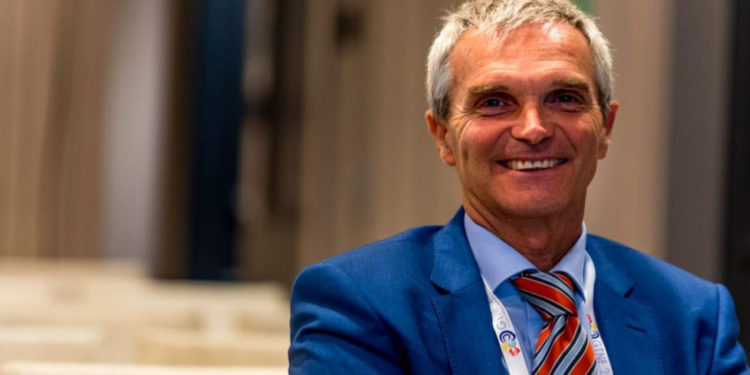Catania, Italy, October 5 – The Framework Convention on Tobacco Control (FCTC), the world’s first treaty entirely devoted to health, has not met its obligations.
“As a clinician I believe the FCTC has failed to achieve one of its major pillars which is cessation – the treaty has failed to help many smokers quit cigarettes” said Professor Riccardo Polosa, Professor of Internal Medicine and specialist in Respiratory Diseases and Clinical Immunology at the University of Catania, Italy. The FCTC was negotiated under the aegis of the World Health Organisation (WHO).
Tobacco kills some eight million people annually and more than seven million of these deaths are directly linked to smoking related diseases. Over 80 per cent of smokers live in lower and middle-income countries (LMICs). The FCTC recognises harm reduction as an intervention in tobacco control – a promise that the WHO has not explored preferring instead to demonise smokers and addiction.
Professor Polosa attributes these failures to two main reasons.
One is that the use of drugs to counteract smoking dependence does not consider that smokers do not like to be labelled as patients needing medications. “It is very difficult to work with smokers because they don’t want to pay for medication and would rather prefer to not get medicalized. Smokers want to vape because it maintains the ritual and it is imperative to discover a clean form of delivering nicotine without the toxicity of combustion cigarette smoke,” added Polosa who is also Founder of the Centre of Excellence for the Acceleration of Harm Reduction (CoEHAR).
Second is the failure to understand the psychology of smokers who wish to quit without quitting cigarettes. “This is the truth that twenty years in clinical medicine has taught us. Patients don’t want to be associated with smoking but still want to enjoy the ritual and the socializing experience that smoke delivers,” said Polosa.
Professor Polosa was speaking at a webinar organised by the journal Drugs and Alcohol Today to mark 15 years of the FCTC.
Negotiated 15 years ago, the tobacco treaty was ratified by the maximum number of United Nations (UN) members in record speed. It is an evidence-based treaty that affirms the right of all people to the highest degree of health. The treaty was developed as a response to the globalisation of the tobacco epidemic. It also addressed complex factors such as trans-border trade, liberalisation and foreign direct investment (FDI). Harm reduction was also a major plank of the treaty.
Professor Polosa’s carrier spans over two decades of research and he’s among the most quoted people in this sphere of public health. “I became passionate about alternatives such as electronic cigarettes because it is a tool that delivers nicotine by keeping the very rituals smokers are so passionate about” said Polosa.





